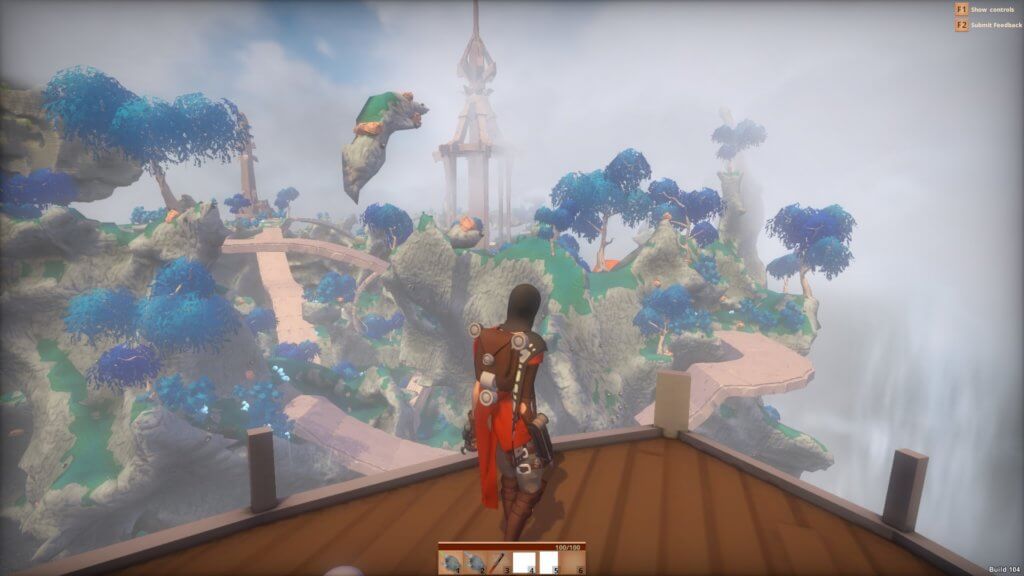Worlds Adrift's persistent world-building tech being made free to qualified game developers
Improbable's SpatialOS gives devs "the ability to define and build simulated worlds which can accommodate thousands of simultaneous players".

Decribed as a "computation platform that allows you to exceed the power of a single game engine or server", Improbable's SpatialOS is the world-building technology which powers the likes of Bossa Studios' incoming MMO Worlds Adrift and Spilt Milk's multiplayer roguelike Lazarus. Named the SpatialOS Games Innovation Program, Improbable has now entered a joint venture with Google Cloud Platform which will provide subsidised access to the tech—in turn helping game devs create sprawling, persistent online worlds.
"We set out to build SpatialOS because we saw what developers wanted to do, but were held back from achieving,” says Herman Narula, CEO and co-founder of Improbable."Since we founded Improbable, we have talked to many developers who have amazing ideas for new kinds of games they can't currently realise. Like them, we want to create and inhabit realistic worlds where players' actions have real consequences—but technical limitations have stifled innovation in gaming."
Improbable suggests that creating and running massive simulations to combat low player numbers, small environments and limited interactions in online worlds requires "a kind of distributed supercomputing" which could require thousands of cores working together. At the risk of oversimplifying—full details of what SpatialOS is capable of can be found this way—SpatialOS, in short, makes this possible.
As such the London startup has now launched its Game Developer Open Alpha for SpatialOS—which means any qualified game developer can access the platform's dev tools in their current state. The SpacialOS beta is due before the end of March next year, with the full launch of the Games Innovation Program to follow.
Again, more info on SpatialOS, the Games Innovation Program, and how to sign up for the Game Developer Open Alpha can be found in this direction.
The biggest gaming news, reviews and hardware deals
Keep up to date with the most important stories and the best deals, as picked by the PC Gamer team.

